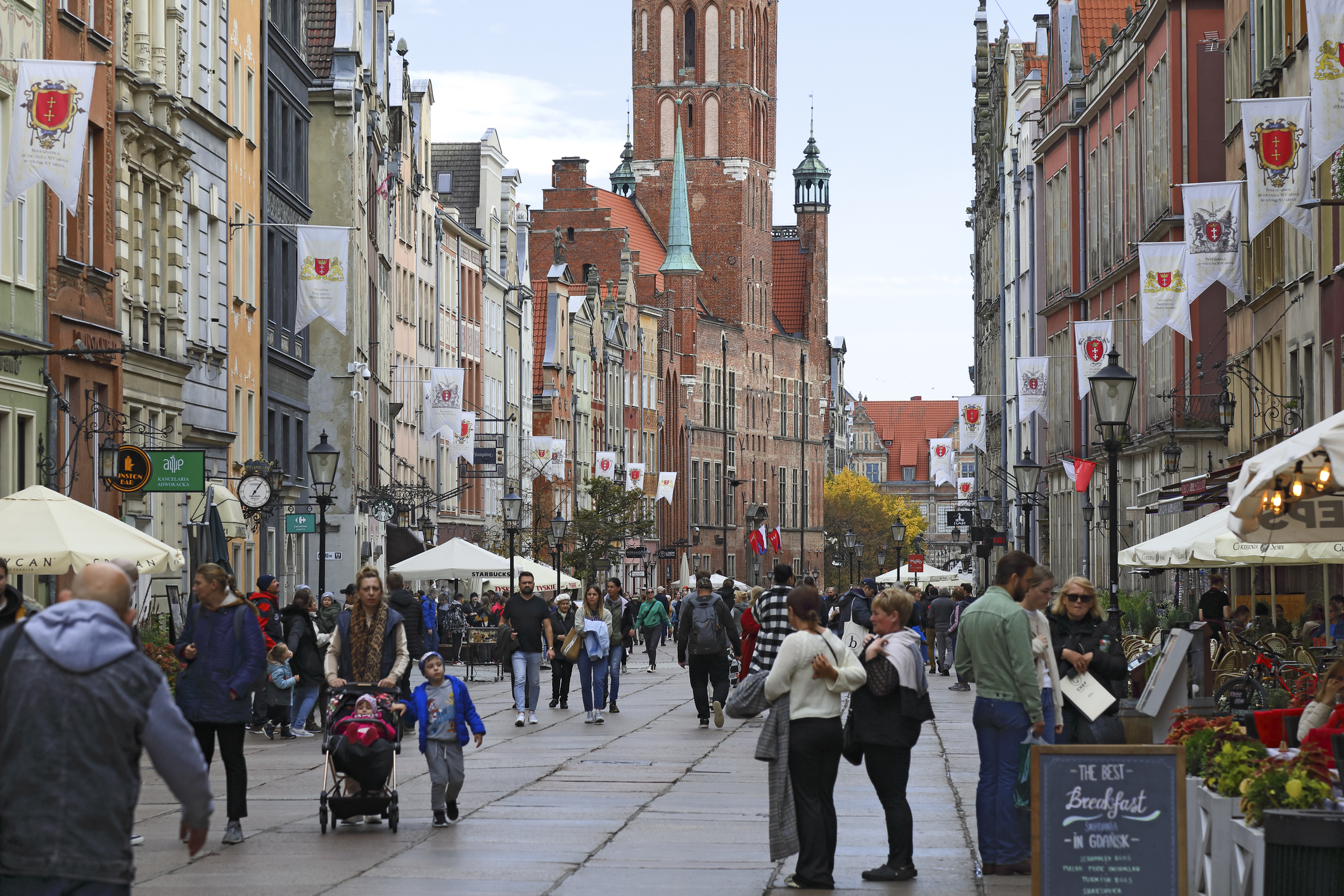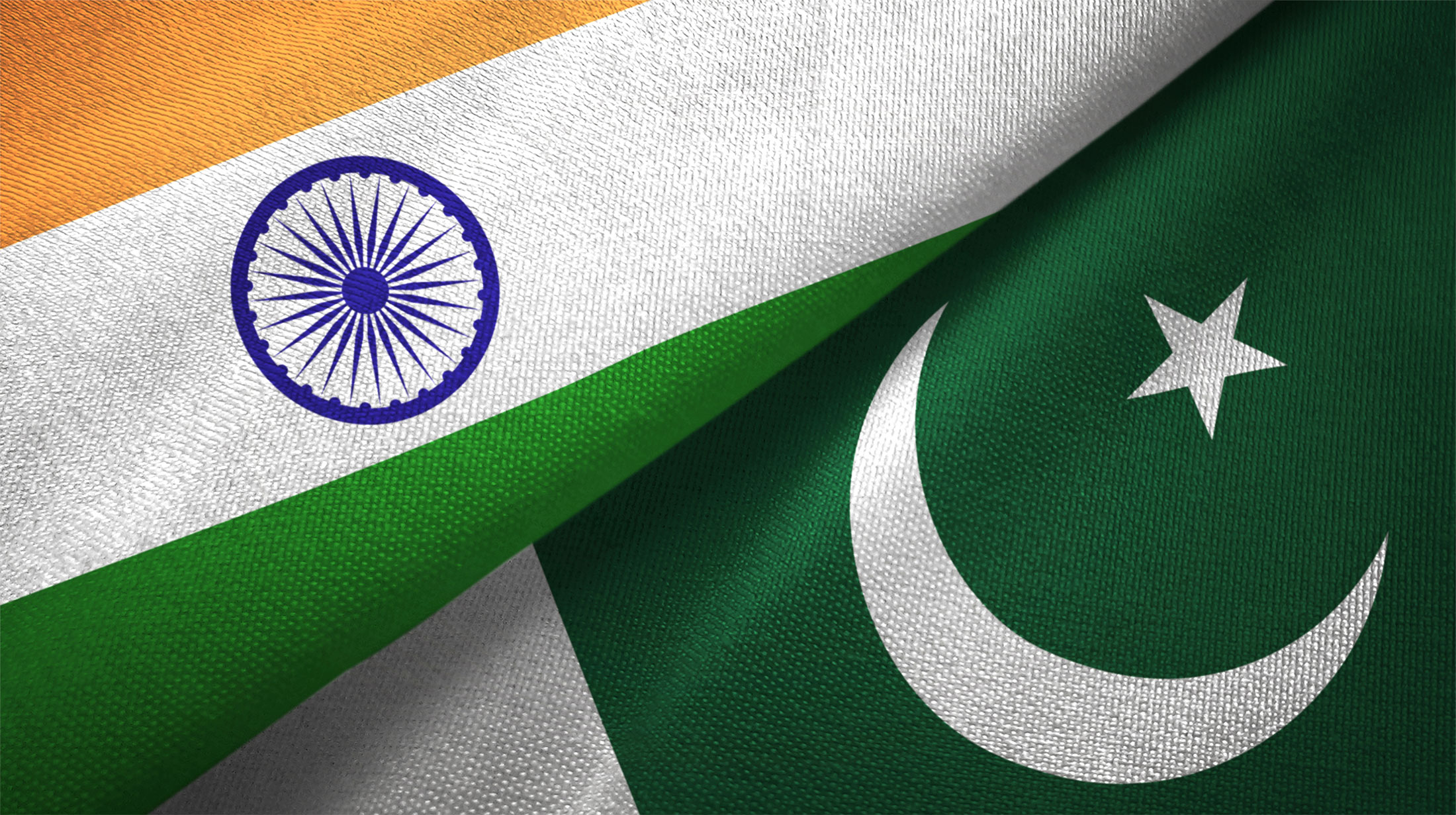The same international issues remain leading causes for concern and interest in September 2024 as they were six or seven months ago. These include on-going crises or near-crises in Ukraine, Gaza, Sudan, Venezuela, and the South China Sea. Some of these issues are updated below, while we introduce our readers to one or two additional items which are worthy of attention.
ISRAEL. GAZA, AND THE BROADER THREAT BEYOND
After 11 months of fierce fighting, heart-wrenching scenes, and near daily, useless speculation about possible outcomes, the happiest moment recently was the recovery by Israeli troops of a humble Israeli Arab hostage named Qadi Farhan al-Qadi from his bleak prison cell in a tunnel buried deep in the soil of southern Gaza. He had been held prisoner for 326 days since Hamas launched its deadly surprise attacks across the border into Israel last October 7. As we noted last month, a new hostage deal appears unlikely. Neither Netanyahu nor Sinwar can produce what the other side needs to declare “victory” from such an agreement. Meanwhile, Secretary of State Blinken must be more than a little concerned at the less sincere response he appears to be receiving from the Israelis following each of his successive visits.
A senior source at the U.S. Embassy in Jerusalem tells us that Gaza is now only one piece in the very convoluted problems faced by Israel and region. The two latest problems have been exacerbated, if not created, by the Israeli government itself.
First, Israeli forces are conducting raids across several cities in the occupied West Bank – more than at any time in the past 20 years. These are undertaken as “counterterrorism operations” aimed at nipping in the bud an Iranian-backed bid to open a new war front in the West Bank. The Israeli military has reported that it had killed five “terrorists” hiding in a Mosque, while Islamic Jihad said that it had lost a senior official during an attack on a refugee camp in the West Bank city of Jenin. Our embassy source bluntly remarked that the situation in the West Bank has been perilous ever since Netanyahu’s extremist coalition took office in December 2022. And for almost as long, his right-wing government has consistently made bad problems worse by failing to listen to grievances and supporting moderate Palestinian efforts to limit, if not reduce, the influence of radical influences by Hamas and Islamic Jihad. The reason is clear: These ministers want the Palestinians out of the West Bank in their entirety, and they need reasons to encourage them to do so.
Second, in this vein, our source noted that this sensitive military escalation in the West Bank comes on the heels of the political Molotov cocktail dropped by Israel’s far-right minister of national security, Itamar Ben-Gvir, who called a few days earlier for the establishment of a synagogue at the Haram al-Sharif/Temple Mount complex. She noted that Ben-Gvir knows what he’s doing when he stirs up passions bordering on racism. Normally, Netanyahu would not tolerate such insubordination by a minister, but Ben Gvir knows that the PM is on the ropes and can only scold temporarily, not punish terminally, which is what he did when his office stressed that the status quo at al-Aqsa Mosque has not changed – a point reiterated by the Israeli Defense Ministry, as well.
Comment: One of the thorniest and most emotional issues in the Palestinian-Israeli conflict has always been the status of Jerusalem and who has control and rights in the holy places, especially the al-Aqsa Mosque and Haram al-Sharif compound more broadly, which Jews call Temple Mount. (In fact, it is the Hashemite Kingdom of Jordan which has special custodial rights over these Muslim holy sites as outlined in the 1994 Israel/Jordan peace treaty and in subsequent declarations.) Accordingly, amid the grueling Gaza war that’s galvanized the Muslim world, and tit-for-tat escalation between Israel and Iran, the region is on tenterhooks. A conflict at the site could spark a regional conflagration – something which our embassy source and others believe Ben-Gvir and his allies are seeking.
However, this potential deterioration comes as Israel gingerly navigates burgeoning ties with the UAE and Saudi Arabia. The former normalized ties with the Jewish state as part of the 2020 Abraham Accords, opening up trade and people-to-people relations, though Abu Dhabi has come under mounting pressure to nullify its agreement amid the Gaza war. Potential Israel/Saudi Arabia normalization, being pushed by the Biden administration, remains a hot button issue. Riyadh seeks normalization with Israel in return for a U.S. defense pact and to kick-start its civilian nuclear program, though it has demanded that Israel commit to a credible path for Palestinian statehood in order to advance normalization talks. Netanyahu cannot deliver on this latter point even if he was personally supportive (which he is not), given the current, radical composition of his government. End Comment.
ZELENSKY INVADES RUSSIA: A GAME-CHANGER?
According to a well-regarded Cambridge-based military strategist, Ukraine’s bold invasion of the Kursk region in western Russia changes the equation of the conflict. During more than two years of war, the West’s restrictions on Ukrainian incursions into Russia have forced Ukraine to fortify its entire border. Russia, meanwhile, has enjoyed the luxury of safety along its frontier. No longer. Now that the West has apparently loosened its restrictions, Russia must find a way to reinforce its entire border, which requires tens of thousands of troops, hundreds of vehicles, and additional resources for fortifications. The Kremlin will have to devote months’ worth of new recruits and supplies to this effort. This is not without its costs. Our strategist said that losses along the Donbas region will certainly hurt Kyiv’s war effort, but for the moment at least, the surprise offensive provides Ukraine with many potential benefits.
Comment: To be sure, this move might buy much-needed time for Western aid to arrive and allow for the replenishment of Ukrainian forces. Moreover, despite increased Russian bombardments in eastern Ukraine and some loss of territory, Kyiv’s incursion could slow Russian ground and air operations over the next few months, as it tries to find ways to push the Ukrainians back across the border. To say that the Kursk offensive creates a path toward victory is probably a longshot. However, to say that it gives Zelensky an important card to play in any future negotiation with Russia is probably more likely. End Comment.
WHITHER LEBANON?
With continuous speculation about when or if another major conflagration will engulf Lebanon because of the ever-increasing tits for tats being exchanged by Israel and Iran’s most powerful proxy, Hizballah, it is worth underscoring that Lebanon is living two realities. While areas of the south are experiencing the heaviest fighting in nearly two decades, with more than 500 people killed (mostly Hizballah fighters according to our sources and the Lebanese Lebanon’s health ministry), other Lebanese are doing their best to live life as normal. That includes escaping the heat and tension to party in a parallel world in the mountains.
This is not a new or novel situation, although the scene of partying and swimming and enjoying Swiss-like weather only a couple of hours from the brutality of the south or even of the capital is surreal and belies a Middle East on edge as the fighting in Gaza has spilled over into violence on several fronts. According to a retired U.S. diplomat, who is currently visiting his home in Lebanon, residents of the Lebanese capital are moving on with life even as they worry about a wider war. In the south, where Hizballah is regularly trading fire with Israeli forces since October, people say the war has already come. Our source admitted that the war has encroached on Beirut. Twice, suspected Israeli airstrikes have hit the southern suburbs of the Lebanese capital, killing a senior Hamas operative and a senior Hizballah commander, as well as civilians. Low-flying Israeli jet fighters routinely break the sound barrier over the city, rattling residents with their sonic booms. And, yes, fewer foreign airlines are flying into the country now, and embassies have urged their citizens to depart (including the American). But our source says he intends to stay put until his vacation ends later this month.
Comment: Since Hizballah originated in the 1980s to resist an Israeli invasion at the time, it has grown into the country’s best-armed force, surpassing the national military, largely because of support from Iran. As a legal party, it is also a dominant political force and provides social services to its constituents, exposing the absence of the central government. It controls crucial infrastructure, including much of the economically important port in Beirut. Like many radical socio-political regimes or entities – from the Muslim Brotherhood in Egypt, the Communist Party in Russia and China, or the Islamic Regime in Iran — socio-political movements grow tired with time and vested with more material items than mere ideas which they strive to protect. Hence, we see the rather restrained reaction of both Iran and Hizballah to what they view as especially intolerable Israeli actions or outrages. But they have been measured in their responses until they find a time and circumstance when they can respond in a more hurtful and effective manner. This was Usama bin Ladin’s response to his war against America. The result was 9/11. It was also Yahya Sinwar’s response to his unalterable hatred for Israel. He waited for the opportunities offered on October 7. Both Hizballah and Iran currently have more to lose than to gain in any all-out confrontation with Israel at the present time. Netanyahu is rightfully feared and respected by his Middle Eastern foes. His highly developed animus may actually be paying some dividends, in this regard at least. End Comment.
WITHER GERMANY?
Once again, elections bear watching in Europe, this time in three eastern German states — Brandenburg, Saxony and Thuringia — where pro-Russia-leaning parties are poised to score substantial gains in regional elections, two of which are set for Sunday. (September 1). The pro-Russian Alternative for Germany (AfD) has a strong chance of finishing first in all three states, while the recently formed leftist Sahra Wagenknecht Alliance (BSW) is also gaining strength, according to the latest polls. If so, Moscow stands to reestablish a strong foothold across a broad swathe of the former East Germany, a region it dominated for decades during the Cold War. If the forecasts are borne out at the ballot box, the results are likely to stir deep anxiety across Germany. An extremist landslide would expose the degree to which the efforts of Germany’s political establishment to repair the country’s East-West divide have failed. Moreover, it would shake Berlin’s already-wobbly tripartite coalition to its core.
According to the latest polls, the Moscow-friendly parties, which straddle the far right and left of the political spectrum, are expected to capture at least 50 percent of the vote across the regions. In Thuringia (which was an early and important Nazi stronghold in the early 1930s), the parties are forecast to fetch as much as 65 percent, with the AfD finishing first at about 30 percent. Meanwhile, Germany’s mainstream governing parties at the national level — the Social Democrats (SPD), the Greens, and Free Democrats (FDP) — are expected to reach only “also-ran” statu, with polls forecasting a cumulative result of about 12 percent in Saxony and Thuringia, and 27 percent in Brandenburg. Even when including Germany’s largest centrist force, the conservative Christian Democrats (CDU), the combined polling of the mainstream parties does not exceed 50 percent.
Comment: If these polls are accurate, these elections will underscore an extraordinary decline for the centrist parties that have shaped eastern Germany’s political life since reunification. Such a result might also be correctly construed as a personal victory for Russian President Vladmir Putin: The Russian leader cut his teeth as a KGB spy in the 1980s in Dresden, an experience that left him with an enduring fascination for all things German. Though not all of these parties are as overtly pro-Russian as the AfD, they share in common two narratives pushed by far right: that NATO shares blame for the war in Ukraine and that a peaceful solution would have been possible if only the West were serious about diplomacy. End Comment.
THE WORLD ACCORDING TO BLACKROCK
Sitting atop over 10.6 trillion dollars in assets, Blackrock is the largest asset manager in the world. Obviously, this gigantic company has its fingers in many different pots and has a view on all matters international. So, what are its priorities as we are well into the second half of CY 2024? Here are five issues which figure prominently in BLACKROCK’S mid-year, geopolitical report, with an unofficial SocoSIX comment on each:
1. Ukraine-Russia war:“We see a ceasefire or diplomatic solution as unlikely in the near-term with the conflict likely to continue into next year.”
Comment: At the moment, no one is pushing hard enough for peace – if at all. If Ukraine maintains its foothold in Russia while keeping major Russian advances stalled in the east, then perhaps some of the most influential BRICS+ countries (i.e., India, Brazil, Turkey and South Africa) can jointly use their good offices to propel both Russia and Ukraine to the negotiating table to resolve a dispute which should have never resulted in such a costly and harmful war. Unfortunately, it might take a major nuclear accident at either the Ukrainian or Russian nuclear power stations to instigate movement. End Comment.
2. Middle East conflict: “From the perspective of the markets and the global economy, the situation in Gaza remains fairly contained – although the resulting humanitarian crisis is catastrophic.”
Comment: Unlike Ukraine which might be resolved relatively soon, there is little prospect for conflicts in the Middle East to subside in the foreseeable future. One must hope that if education can be pursued and poverty reduced then new generations of leaders might be able to break new ground to promote peace. Yet, external interference from both regional and international actors are more likely than not to keep kettles boiling in a variety of countries across the region. If this and other Middle Eastern/African crises are not “contained,” then Europe and the Americas can probably expect even greater waves of disheartened refugees. End Comment.
3. US-China competition: “Increased working-level dialogue and senior visits should be seen as a tactical exercise and do not structurally alter the competitive dynamics of the relationship.”
Comment: Both countries have tactical reasons to keep relations stable. Xi Jinping faces economic issues including 16 percent youth unemployment; a demographic timebomb; and increasingly worried trading partners who are concerned about potential Chinese market takeovers. The U.S. faces a divided electorate; increased international skepticism about our motives; and a military which appears both overstretched and undersupplied. Strategically, both countries continue to try to find a permanent way to balance each other’s power without diminishing their own prerogatives and status. End Comment.
4. Energy transition: “Clean energy will increasingly become a source of geopolitical competition, we think, benefiting those who can control and access it.”
Comment: If this is the case, then the U.S. is in deep kimche. China controls the solar panel market and much of the minerals and gases which make up battery storage and other key clean energy components. If there is a change of government in November, fossil fuels should have a new lease on life in the U.S., and even nuclear energy might enjoy a renaissance – especially if fusion becomes possible and more readily available. As for hydrogen and thermal applications, control and access to these energy sources remain up for grabs. End Comment.
5. Cyber-attacks:“Mounting geopolitical competition will likely cause cyber-attacks to increase in scope, scale and sophistication.”
Comment: As much as cyber-attacks will be a potentially potent weapon in conflicts small and large, antidotes and countermeasures will also hopefully be boosted proportionally to keep these threats and challenges in check. The real problem with these attacks is that they are not confined any long to one or two players. Now, even minor powers or criminal or mischievous entities or players can enter the fray, some with potentially deadly, even potentially, doomsday consequences. End Comment.




